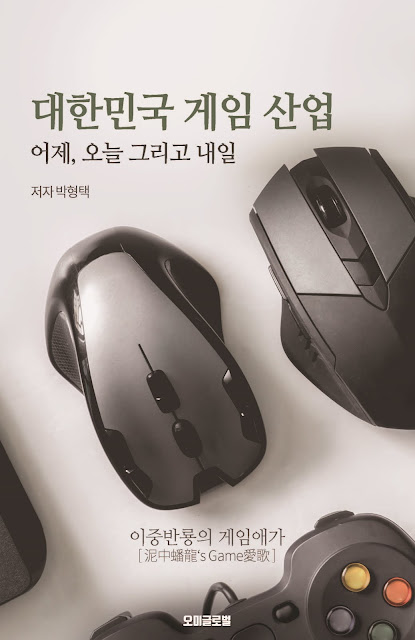泥中蟠龍's Game愛歌
[A love song for games of the dragon waiting for an opportunity]
G-Star and Busan International Film Festival
November. 23. 2017.
I go to Busan a couple of times every year to attend Busan Indie Connect Festival (BIC Fest) in summer, Busan International Film Festival (BIFF) in October, and G-Star in November. Aside from relatively small-scale BIC Fest, there are many similarities between BIC Fest and the other huge international content-related events. Participants have an opportunity to look back on what has happened in each industry for the past year and see brand-new content which will be released soon. The festival is attended by celebrities and famous producers. Also, there are many content creators to attract investment for a project in preparation and overseas sales as well.
The majority expected that the number of audiences would decrease a lot since College Scholastic Ability Test (CSAT) pushed back a week due to earthquakes hit Pohang and the surrounding areas, however, there were many visitors unexpectedly and a national video game PlayerUnknown's Battlegrounds (PUBG) stood out the most in years beating out foreign video games. Despite this good news, I felt a big difference in quality between the film festival and the game show.
During the BIFF, South Korea's second-most-populous city is alive with lots of media professionals. The media publish hundreds or thousands of stories on the film festival in a single day and moviegoers arrive from across the country to enjoy the event. More than a few volunteers are found throughout the city and even taxi drivers are well aware of relevant information. Whenever I went to the city, I used to secure the same hotel, which is just off Haeundae, for four years because of the shortage of accommodations in the main area. In October, the hotel owner, who remembers my face, used to ask me that I visited the city for BIFF, whereas in November, he used to wonder about the unexpected visits. The over ten-year-old game show seems to shunned by the public due in part to its low event awareness. During the event, only Haeundae and surrounding areas around Bexco are crowded. The number of tourists for the fete is much lower than the number of visitors to the film festival. Some people tend to look down on video game fans for G-Star as if they are people with nothing to do unlike respecting serious film fans for BIFF, which brings me a very uncomfortable feeling.
The local gaming industry constitutes a great proportion of Korea's whole industry. Even now numerous game developers are trying to make a good game. I reckon that it's an important time in improving public awareness about video games as cultural content. It was only some decades ago that cinema was also judged as being a waste of time. The gradual alteration of the audience is from a great number of movie professionals' efforts. Now is the time for video game workers to change the way the public understands the game content.
※ This is from Kyunghyang Games column by 泥中蟠龍 since September 2013.
(http://www.khgames.co.kr)
Translation by Kim Ki-hui
